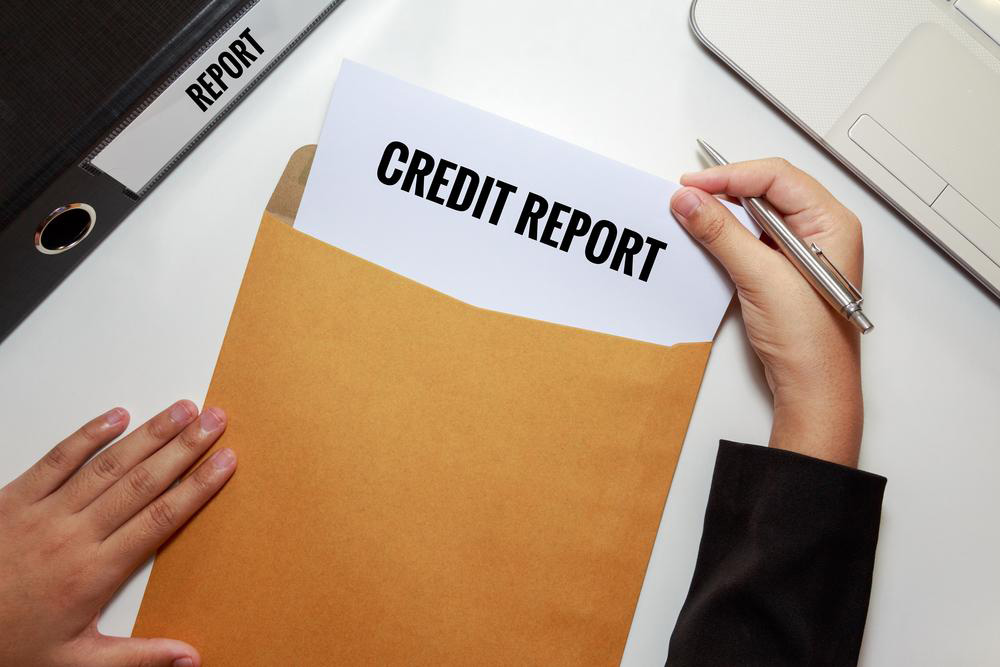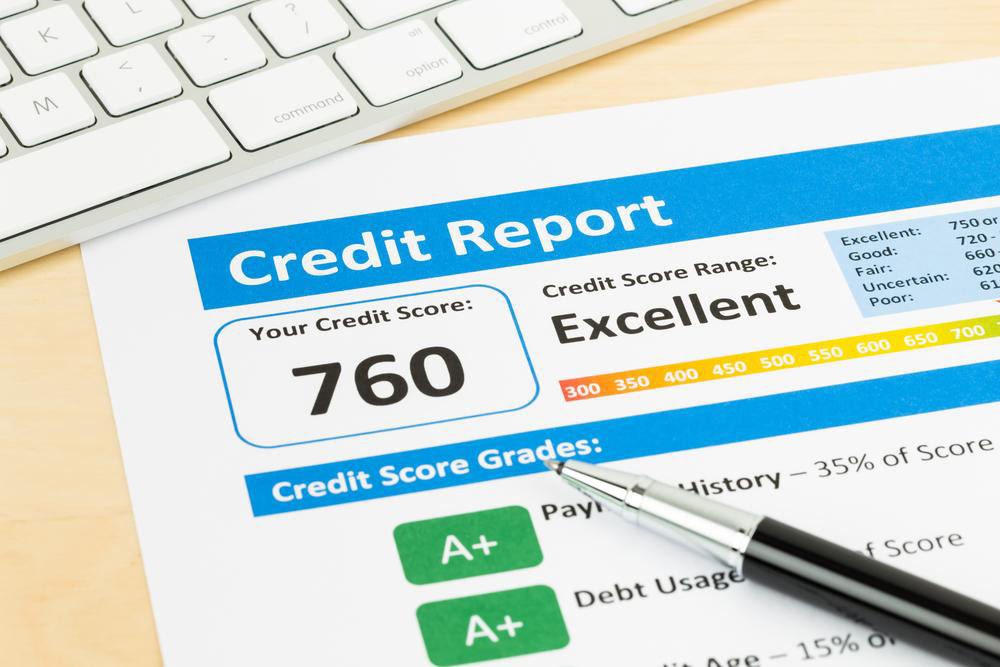Beware of These 5 Common Tax Scamming Tactics
Learn about five prevalent tax scams, including identity theft, fake calls, gift card requests, and fraudulent tax preparers. Stay vigilant to protect your personal information and finances. This article offers tips to identify and prevent common tax fraud schemes, emphasizing the importance of verifying professional credentials and recognizing fake IRS communications to safeguard your refunds and data.
Sponsored

Identity Theft
Personal information theft can lead to fake tax returns and stolen refunds. If you suspect identity theft, place a fraud alert on your credit reports and notify the IRS immediately. Protecting your personal data is crucial.
Impostor Phone Calls
Criminals make unsolicited calls claiming to be IRS agents, knowing personal details like your name, mother’s maiden name, or last digits of your SSN. They often threaten legal action or arrest unless you make a quick payment over the phone, usually via credit card.
Related: Top 22 Overlooked Tax Deductions
Gift Card Payment Scams
Some scammers pretend to be IRS officials warning about unpaid taxes and demand immediate payment through prepaid gift cards or vouchers. The IRS never accepts such payment methods, so stay alert.
Information Forgery
You might receive fake emails or calls from supposed IRS representatives claiming there's an issue with your return. They seek personal details like SSN and DOB to commit fraud and steal refunds.
Fraudulent Tax Preparers
Crooked tax preparers promise large refunds using false information—like fake dependents or inflated deductions—and charge a percentage of your refund. Verify their credentials, such as PTIN, and scrutinize all paperwork before signing. Always choose licensed professionals.
Stay informed about the latest tax issues. Follow us on Facebook and Twitter for updates on investments and financial safety.






